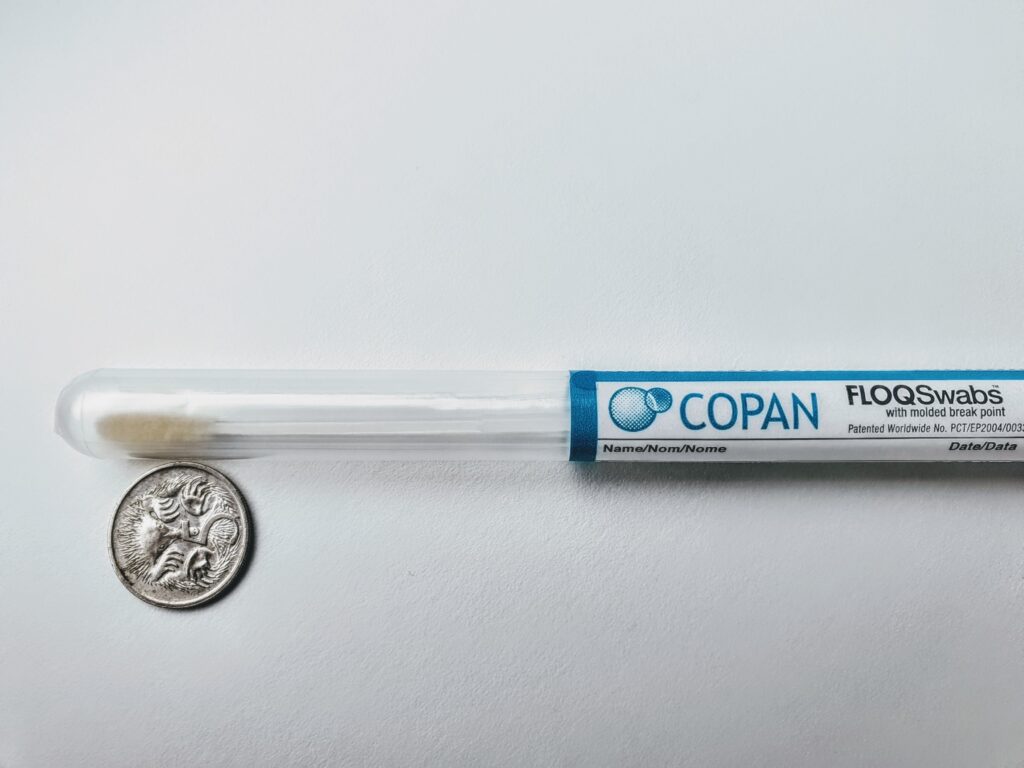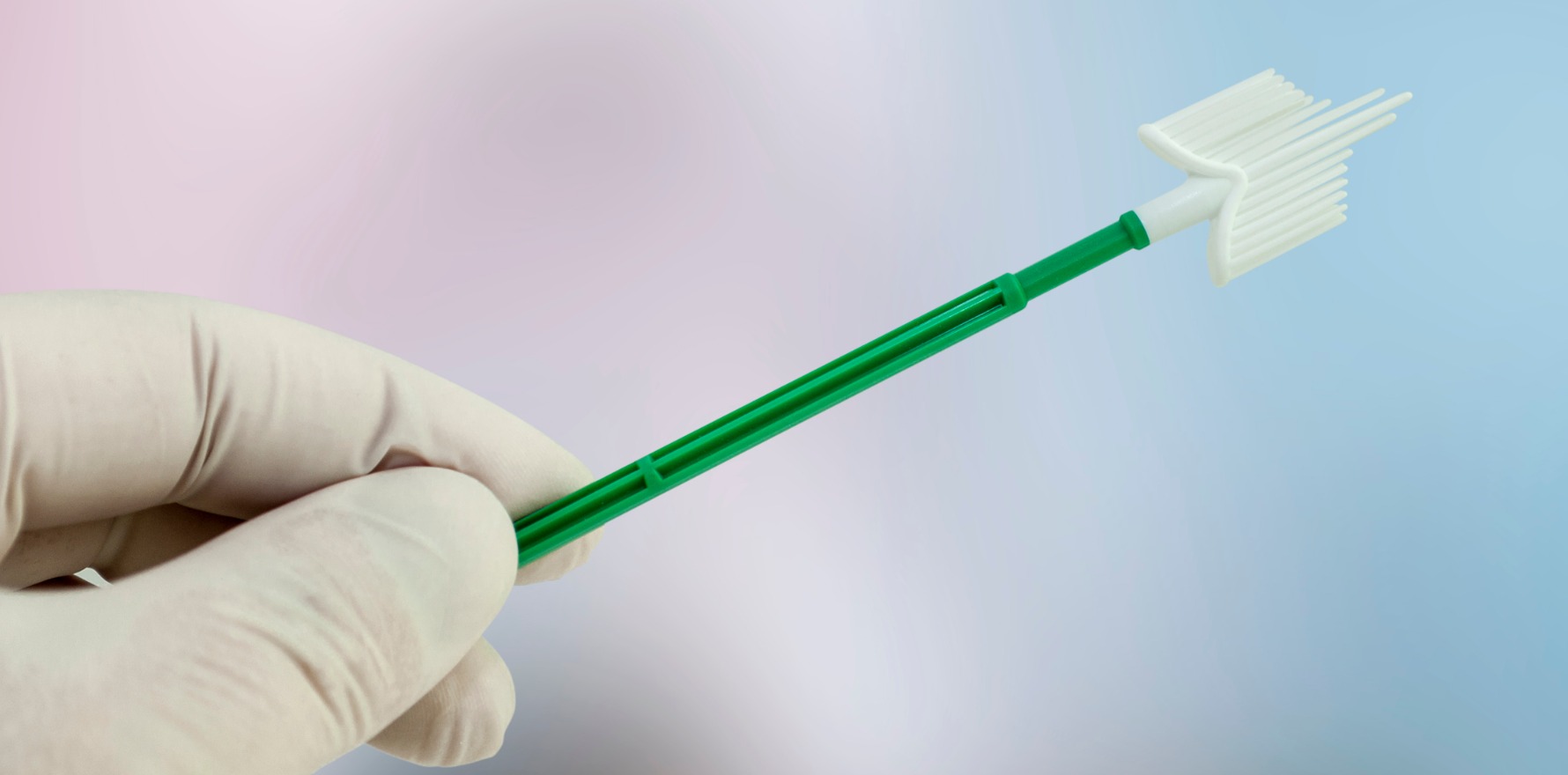Latest government data suggests millions of women may not have been screened for cervical cancer, and doctors have been urged to scour their patient list
Doctors probably have patients who are overdue for a cervical cancer screen and are now eligible for HPV self-collection.
Latest government figures showed that, by 2019, half of the eligible Australians had not had their cervical screening test. While many of these more than three million people may have been tested over the past year, experts are urging clinicians to seek out any of their patients over the age of 30 who still haven’t been screened.
By the end of 2021, any woman over the age of 30 who has not yet had a HPV test under the renewed program will be eligible for self-collection. Nevertheless, many women are already eligible for self-collection if they are more than two years overdue for screening.
“Now is a great opportunity to work through your records and identify your patients that are under-screened, and spend a bit of time to offer them self-collection if they qualify,” said Professor Marion Saville, executive director of VCS Foundation.
A screening history can be found on the National Cancer Screening register.
Only two labs in Australia could process HPV self-collection samples: VCS Pathology in Melbourne and Douglass Hanly Moir Pathology in Sydney. GPs anywhere in the country could contact either laboratory, who can send the correct swabs to their clinic and answer any technical details.

While the health department currently restricted self-collection to women over 30 who have never screened, or who are two or more years overdue, some experts are pushing to significantly loosen the restrictions.
“I predict it’s going to become the routine way in which Australian women and women around the world participate in cervical screening within a couple of years,” said Professor Saville.
At the time the last guidelines were developed, contemporary evidence suggested that self-collection risked poorer sensitivity of high-grade lesions or cancer precursors.
Despite the advantages of self-collection in reaching under- or never-screened populations, the evidence at the time suggested the method was somewhat inferior to that collected by a practitioner.
“[But] in 2018, we had a refreshed meta-analysis published that focused on the newer-generation HPV tests and – provided we used PCR based tests for the detection of HPV – that meta-analysis showed absolutely equivalent performance, which is pretty exciting,” she said.
This method also had a “very high” acceptability rate in under-screened women, said Professor Saville.
Among women who refused a Pap smear, 85% were comfortable providing an HPV self-collection sample, said Professor Saville. This research was undertaken in clinics such an Aboriginal Health Service and a community health service, with a range of women from culturally and linguistically diverse backgrounds, and who might have been economically deprived.
“And of those who screened positive, in whom HPV was detected, we could get about the same percentage to the next step in screening,” said Professor Saville.
“In most of the studies, women report a great deal of relief once they’ve done self-collection, because they find it easier than they were expecting.”
One group expected to benefit from the shift to self-collection would be LGBTI patients, particularly trans men, who are likely to be under-screened.
While there was a push to allow for greater access to self-collection, this effort would not be to remove access to the pelvic exam for people who still want it, said Professor Saville.
A spokeswoman for the government said the full participation rate in the renewed program would be available only once it had data from the five years leading up to 2022.
“However, a proportion of women who have not yet screened under the renewed program will be under screened, and eligible for self-collection,” she said.


